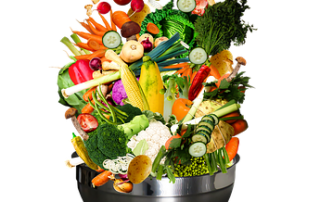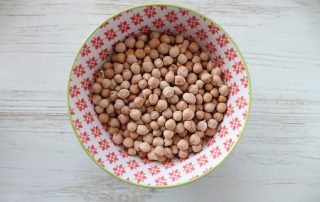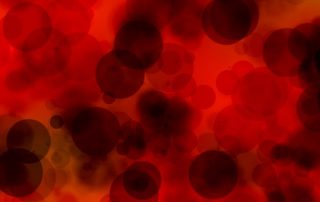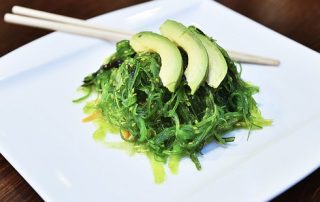Canada Food Guide: New & Improved
The Best Food Guide so far... I am so pleased with the new Canada Food Guide! Congratulations to all Canadians who participated in the surveys that were provided! These surveys collected the feedback used to create a much more accurate example of what healthy eating should be. It is REALLY encouraging to see that so many people are realizing the importance of increasing their plant-based diets! No mention of Organic & Non-GMO plants in Canada Food Guide Now, we need the government to take steps to improve the quality of those plants. Only pesticide-free, organic plants are truly healthy to eat. In other words, GMO plants (plants genetically implanted with genes that make them resistant to herbicides & pesticides) AND the use of these poisons on [...]









